What Iran’s parliamentary election may mean for US relations
Supreme leader has blocked thousands of moderate candidates from running in vote
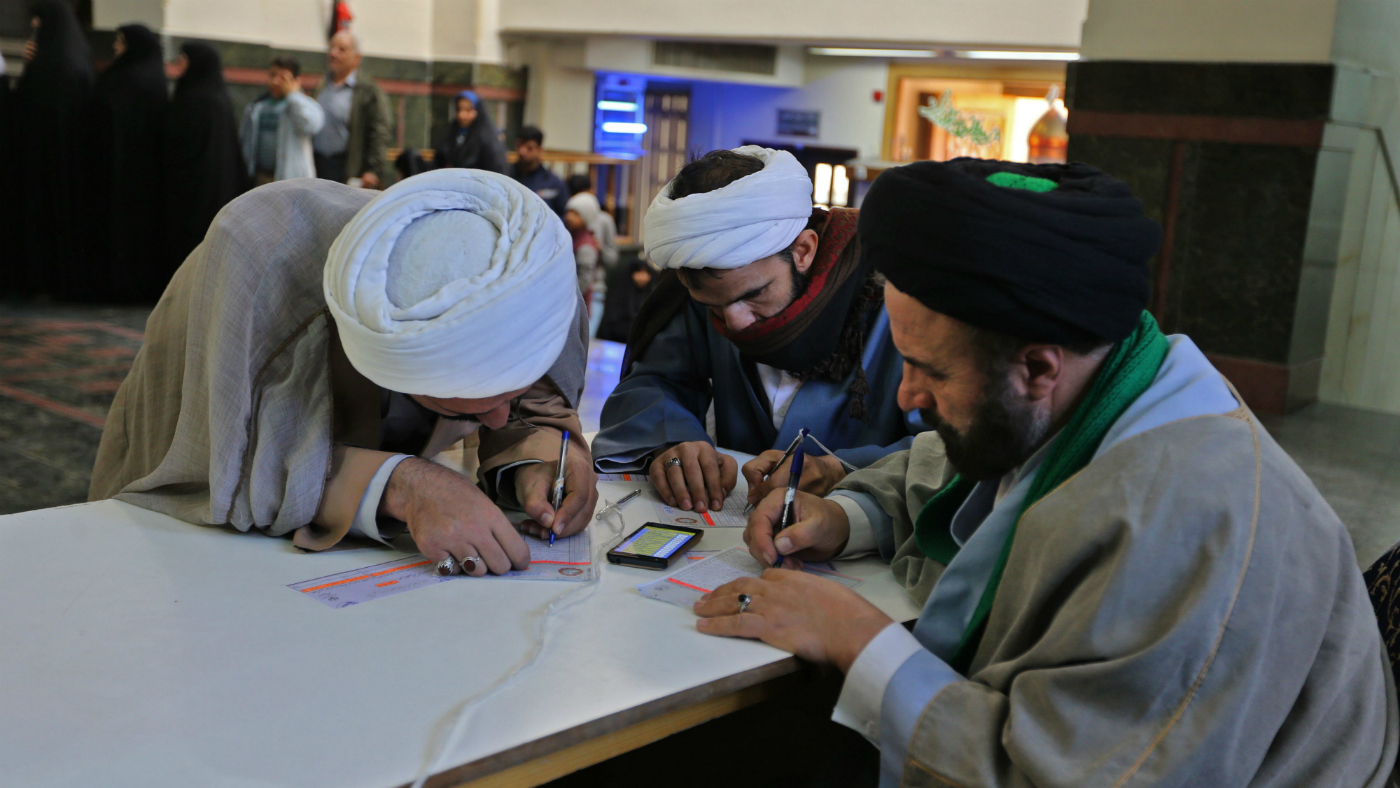
A free daily email with the biggest news stories of the day – and the best features from TheWeek.com
You are now subscribed
Your newsletter sign-up was successful
Polls have opened in Iran for a contentious parliamentary election that looks set to deliver a hard-line legislature loyal to the country’s Supreme Leader Ayatollah Ali Khamenei.
The vote outcome will “determine the direction of the country as it grapples with a worsening economic crisis” and a punishing “maximum pressure” campaign by the US amid worsening relations between Washington and Tehran, Al Jazeera says.
Yet while so much is at stake, voters are taking part in “the least representative and least fair election in the Islamic Republic’s history”, after thousands of moderate candidates were barred from running by the government, says The New York Times.
The Week
Escape your echo chamber. Get the facts behind the news, plus analysis from multiple perspectives.

Sign up for The Week's Free Newsletters
From our morning news briefing to a weekly Good News Newsletter, get the best of The Week delivered directly to your inbox.
From our morning news briefing to a weekly Good News Newsletter, get the best of The Week delivered directly to your inbox.
So what could that mean for global politics?
Hardliners likely to win power
Held every four years, Iranian parliamentary elections see thousands of candidates vying for 290 seats in the parliament, known as the Majlis.
The process is “part of Iran’s mixed system of democratic and theocratic governance”, under which Khamenei has the “final say in the most important matters”, the BBC reports.
A free daily email with the biggest news stories of the day – and the best features from TheWeek.com
His considerable influence over the political process is the biggest stumbling block to achieving a free and fair election.
More than 70,000 contenders - including 81 current lawmakers - were disqualified from standing by the Guardian Council of the Constitution, a powerful 12-member body largely appointed by Khamenei that acts as Iran’s constitutional watchdog.
Most of those eliminated from the parliamentary race were reformist candidates, leaving the way clear for the hardliners - an outcome that would undermine the reformist efforts of President Hassan Rouhani, whose second and last term in office ends next year.
Although both Khamenei and Rouhani are calling for a high voter turnout, Canada’s CNBC News reports that disillusioned young people “say they’re refusing to go to the polls”.
How could the vote outcome affect US relations?
Political analyst Mohammed Hashem told Al Jazeera that it is “safe to say that Iran’s 11th parliament will be under the control of conservatives”, an outcome that will “likely mean tougher years for Rouhani and lead to rising tensions in Iran’s internal and international politics”.
The new parliament will be comprised of parliamentarians “who have mostly taken blatant positions” against the 2015 nuclear deal, Hashem added.
Rouhani staked his career on the nuclear agreement with the US and EU, betting that “the lifting of economic sanctions in exchange for accepting limits on Iran’s nuclear programme would end Iran’s economic isolation and bring foreign investment and prosperity”, says The New York Times.
But Rouhani was “kneecapped when President Trump withdrew from the agreement in 2016”, and suffered another blow when the US tightened sanctions in 2018, the newspaper adds.
–––––––––––––––––––––––––––––––For a round-up of the most important stories from around the world - and a concise, refreshing and balanced take on the week’s news agenda - try The Week magazine. Start your trial subscription today –––––––––––––––––––––––––––––––
So what next?
The Iranian election outcome seems likely to lead to further strains between Tehran and Washington. On the eve of the vote, the US imposed sanctions against five members of the Guardian Council, labeling the vote a “sham”.
“It is not free or fair,” said Secretary of State Mike Pompeo.
CNN says that “to some extent, how much of a poke in the eye this election is to the US is how many will measure its significance”.
Trita Parsi, executive vice president of the US-based Quincy Institute think-tank, argues that the election “will be yet another indicator as to whether Trump’s policy of economic warfare is softening Iran’s position and bringing it closer to capitulating to American demands”.
“If hardliners and opponents of engagement with Washington strengthen their grip on the parliament then that further proves that Trump’s approach is counterproductive,” he says.
-
 The environmental cost of GLP-1s
The environmental cost of GLP-1sThe explainer Producing the drugs is a dirty process
-
 Greenland’s capital becomes ground zero for the country’s diplomatic straits
Greenland’s capital becomes ground zero for the country’s diplomatic straitsIN THE SPOTLIGHT A flurry of new consular activity in Nuuk shows how important Greenland has become to Europeans’ anxiety about American imperialism
-
 ‘This is something that happens all too often’
‘This is something that happens all too often’Instant Opinion Opinion, comment and editorials of the day
-
 ‘The mark’s significance is psychological, if that’
‘The mark’s significance is psychological, if that’Instant Opinion Opinion, comment and editorials of the day
-
 ‘My donation felt like a rejection of the day’s politics’
‘My donation felt like a rejection of the day’s politics’Instant Opinion Opinion, comment and editorials of the day
-
 How Iran protest death tolls have been politicised
How Iran protest death tolls have been politicisedIn the Spotlight Regime blames killing of ‘several thousand’ people on foreign actors and uses videos of bodies as ‘psychological warfare’ to scare protesters
-
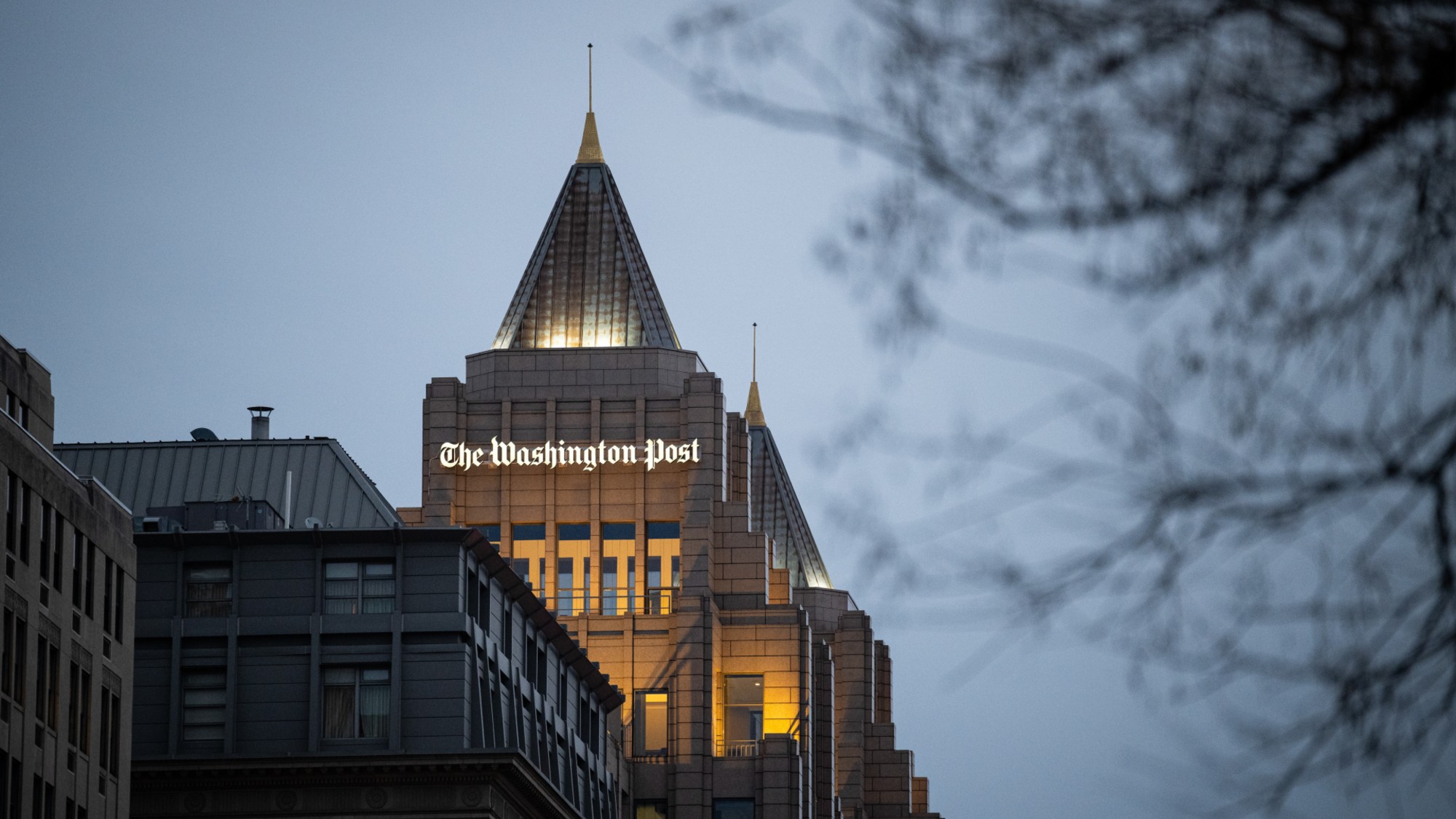 ‘It may portend something more ominous’
‘It may portend something more ominous’Instant Opinion Opinion, comment and editorials of the day
-
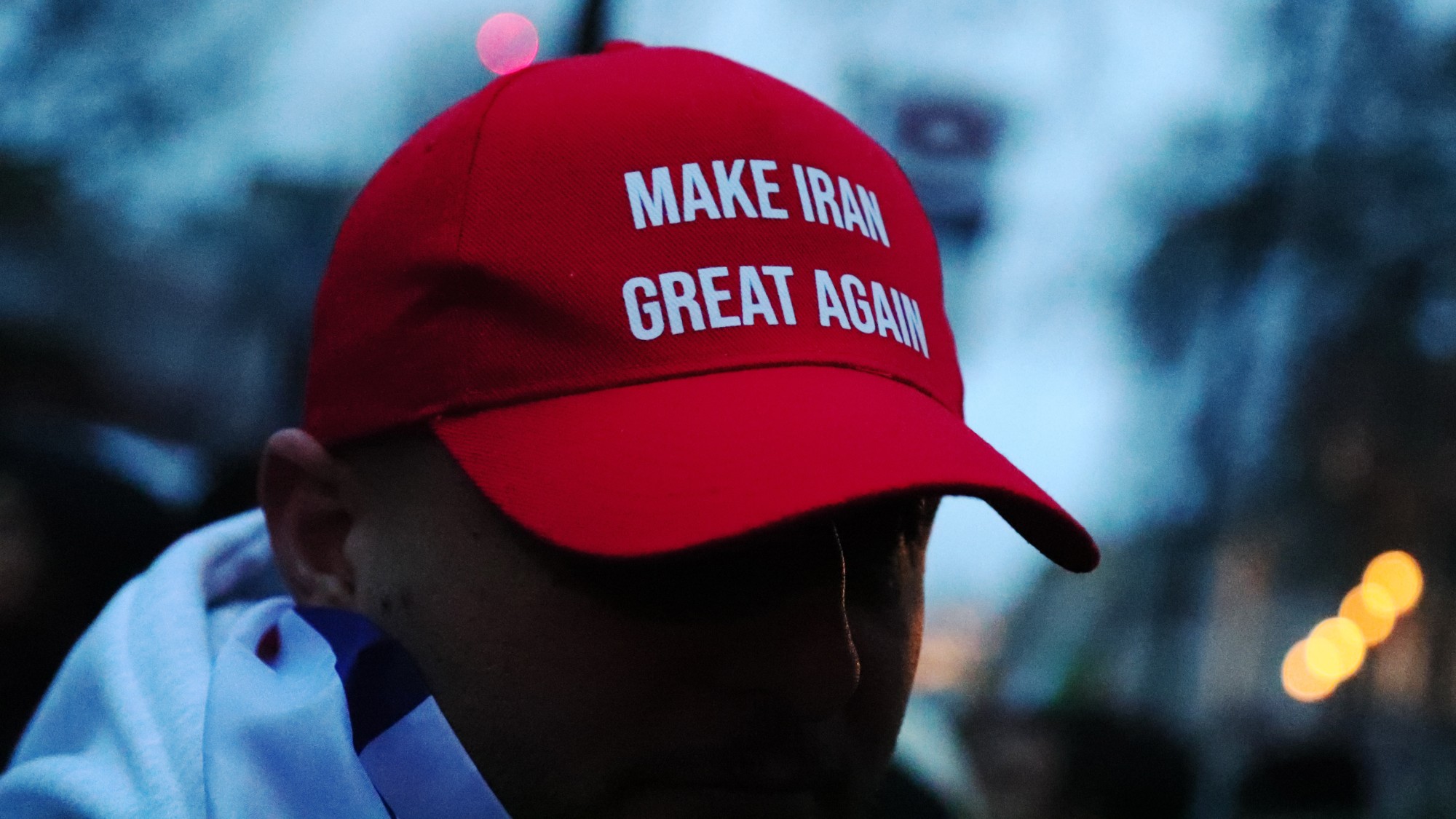 What are Donald Trump’s options in Iran?
What are Donald Trump’s options in Iran?Today's Big Question Military strikes? Regime overthrow? Cyberattacks? Sanctions? How can the US help Iranian protesters?
-
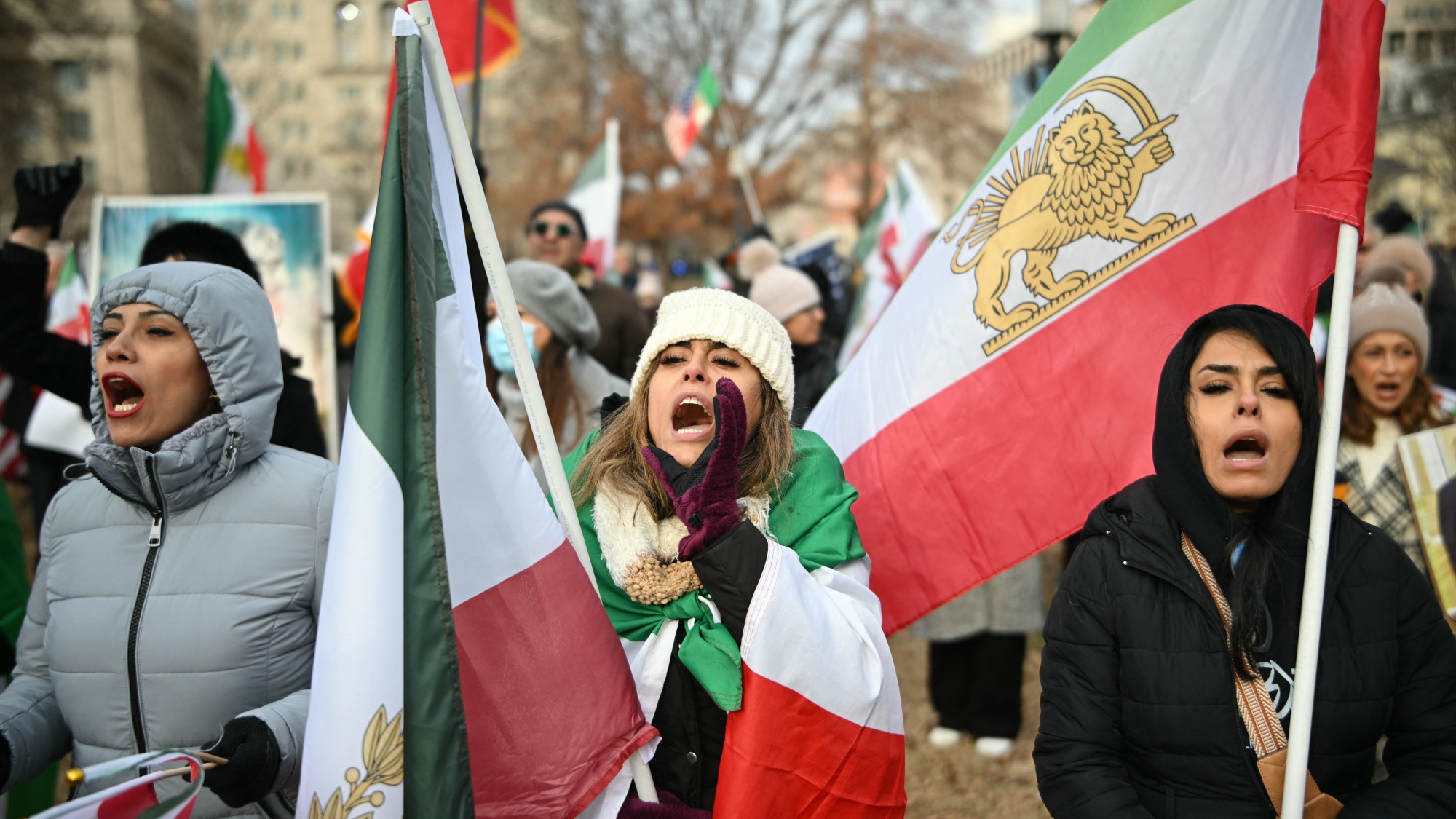 Unrest in Iran: how the latest protests spread like wildfire
Unrest in Iran: how the latest protests spread like wildfireIn the Spotlight Deep-rooted discontent at the country’s ‘entire regime’ and economic concerns have sparked widespread protest far beyond Tehran
-
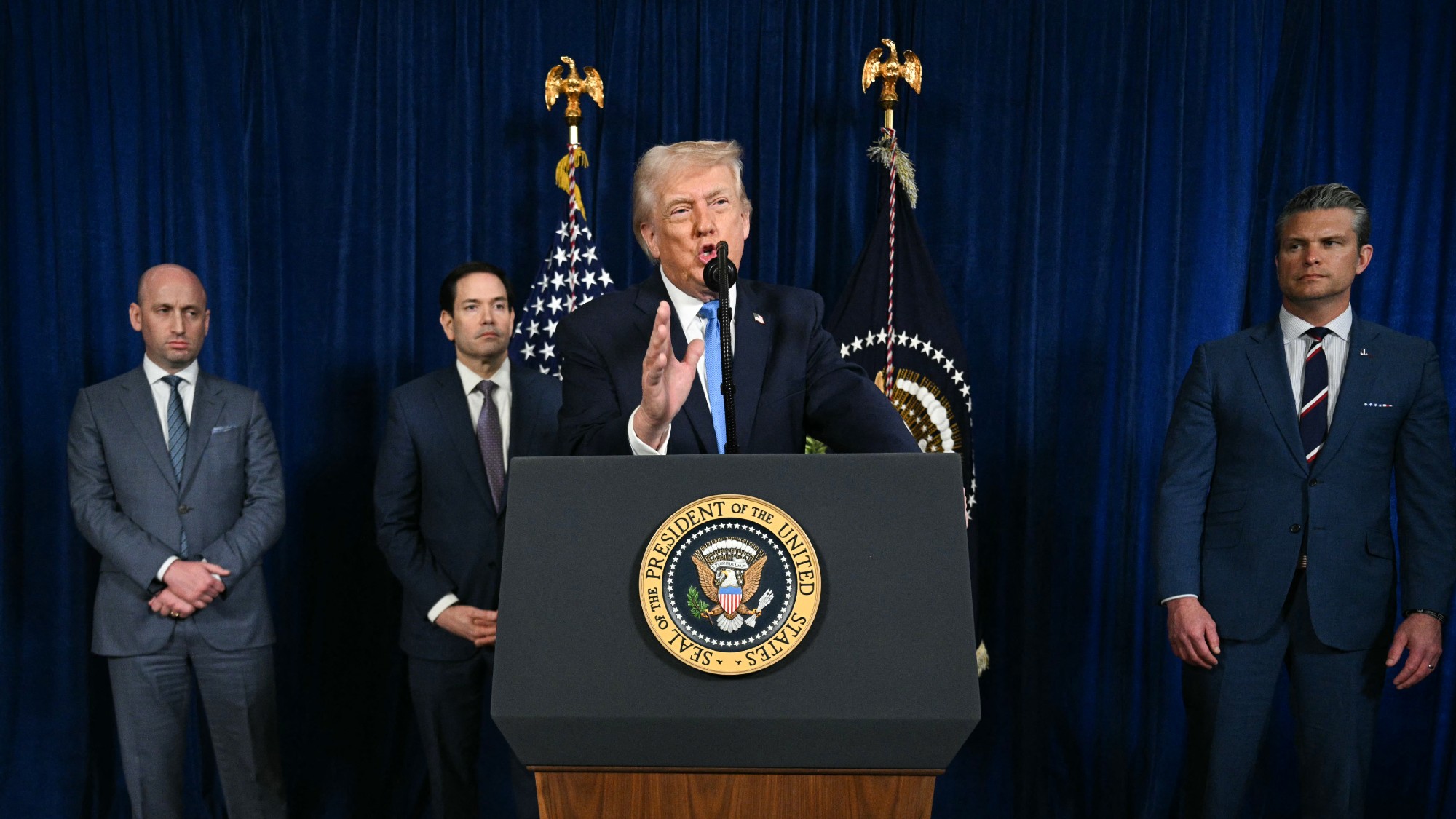 What is the Donroe Doctrine?
What is the Donroe Doctrine?The Explainer Donald Trump has taken a 19th century US foreign policy and turbocharged it
-
 ‘The point here is not to be anti-tech but to rebalance a dynamic’
‘The point here is not to be anti-tech but to rebalance a dynamic’Instant Opinion Opinion, comment and editorials of the day